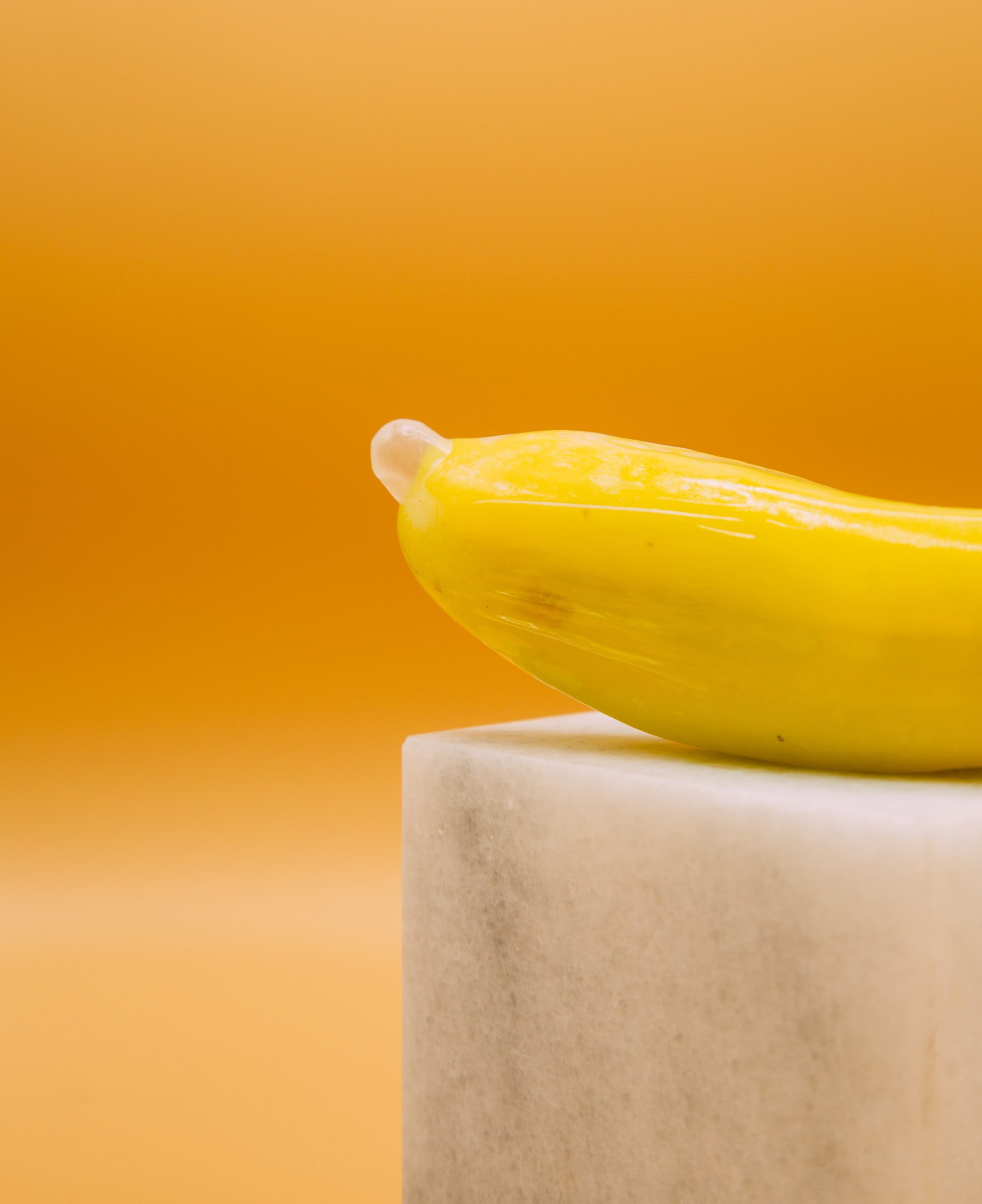Myths and Misinformation About Contraceptives

The menstruation cycle does not prevent a woman from getting pregnant.
While many schools and sexual health organizations strive to provide safer sex education to young adults, there may still be some people who have questions about STD facts or would like to receive condom tips. With a lack of sexual health information comes myths about contraceptives, and an article posted by The Wellness & Lifestyle Challenge hopes to dispel some of the misinformation.
One of the myths about pregnancy prevention is that women cannot get pregnant during their period. This is not true, the news source reports, because sperm can live for up to five days inside a woman’s body. The menstruation cycle does not prevent a woman from getting pregnant.
It is also not true that women can avoid pregnancy provided a man “pulls out” before ejaculation. The pre-lubricant a man secretes before he ejaculates contains sperm, enough to cause pregnancy.
Some may believe that showering or douching after sex can help one avoid pregnancy, but the news source reports that this is not the case. After ejaculation, the sperm moves up toward the egg, and will not be affected by attempts to wash it away.
The news provider also reminds sexually active individuals that the birth control pill does nothing to prevent STDs. However, using a condom can lower the risk of unwanted pregnancy and sexually transmitted infection.
Lastly, those who think that they can’t get pregnant after having unprotected sex just once should think again. Even one round of sex without a condom can lead to pregnancy or the contraction of an STD, so it’s best to use a condom every time you have sex.
Those who would like to learn about condom FAQs or other sexual health information should consult a medical professional or sexual health expert.








